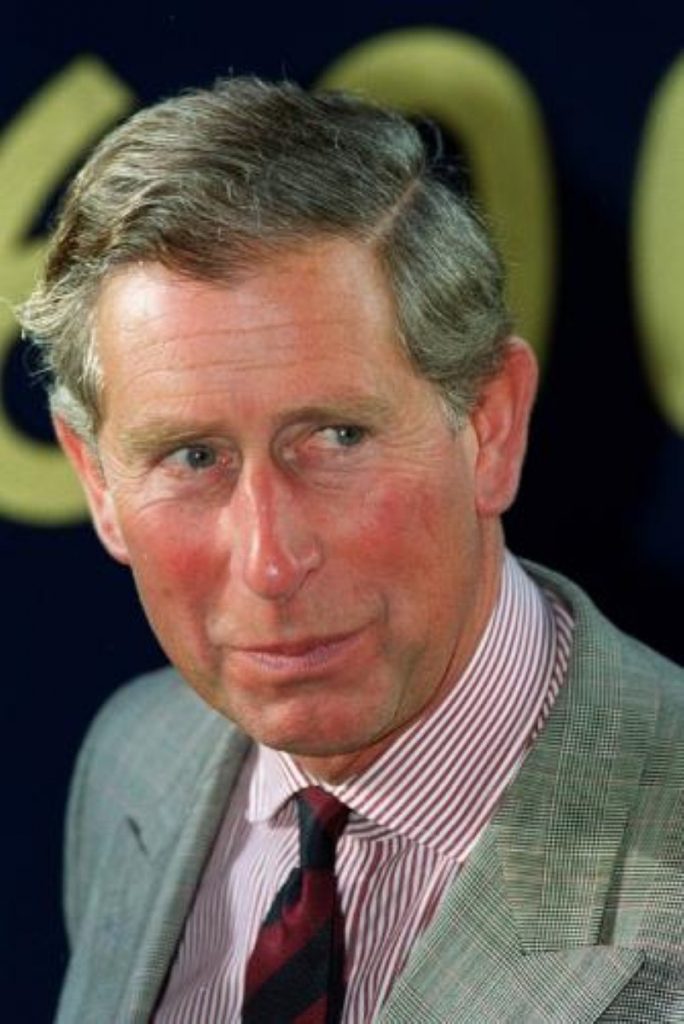Prince Charles urged to quit duchy management
The Prince of Wales should remove himself from the management of an estate that provides him with millions of pounds in revenue every year, MPs say today.
The influential public accounts committee (PAC) calls for greater transparency and accountability in how the accounts of the Duchies of Lancaster and Cornwall, which have provided the heir to the throne with a personal income for 700 years, are managed.
It suggests a “potential conflict of interests” exists between Prince Charles’ involvement in the running of the estates and his personal benefit from its profits, which last year amounted to more than £20 million.
In addition, MPs say it would “be useful” for the Treasury to explain why the estates, which cover land from Devon and Cornwall to south London, do not pay corporation or capital gains tax.


“Our work has revealed obscurities and potential conflicts of interest in the management and governance of the duchies’ accounts,” said committee chairman Edward Leigh.
“I cannot understand why these accounts are not subject to the same disclosure requirements as other accounts presented to parliament. More information and explanation need to be given to readers of the accounts, not the least of which is parliament.”
However, Clarence House has hit back at the report saying the MPs “may have misunderstood” the nature of the duchies. They are not public bodies, but “well-run private estates” that negate the need for the taxpayer to pay for Prince Charles’ public duties.
Sir Michael Peat, the prince’s private secretary, said the Treasury oversaw all major transactions and the duchies’ accounts were laid before parliament, measures which already addressed any potential conflicts of interest.
“In fact, the Prince of Wales takes a particularly long term view in the running of the Duchy [of Cornwall] and has probably increased its capital value by more than any of his predecessor,” he added.
On the issue of paying corporation tax, Clarence House says prince already pays income tax, which is effectively the same thing. He pays capital gains tax, but not on the duchy because “he does not receive any capital gains from it”.
In terms of his management of the estate, it insists Prince Charles has the right to maximise his private income “like everyone else in this country”.
While the PAC recognised the accounts were put before parliament, it says this process could be made more effective if the accounts were first put before the finance watchdog.
In addition, if the accounts were made “clearer and more transparent”, by saying who conducts its valuations and when there is borrowing from the capital account for revenue purposes, readers of the accounts would be able to understand them better.












